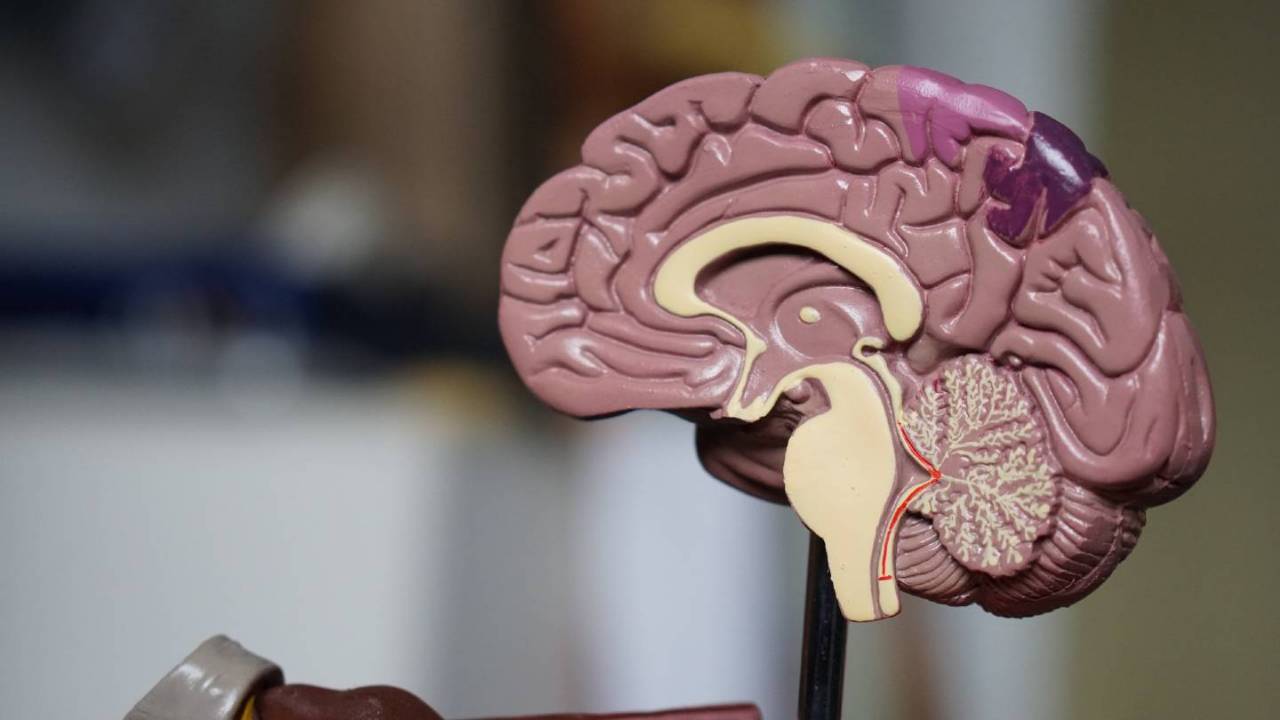A new study has found a brain protein linking stress and depression, paving the way for new drugs to treat depression and anxiety.
Publish dateSaturday 3 October 2020 - 12:57
Story Code : 219998
The research comes from Karolinska Institutet where scientists found that a protein previously linked to serotonin function and mood regulation is also involved in the body’s stress response, having an impact on the body’s noradrenaline and adrenaline release. This may explain why people who experience severe stress or trauma increases one’s odds of developing depression and anxiety.
Though both are common mental health conditions, neither depression nor anxiety are very well understood. Many people only experience partial relief from antidepressants while others end up diagnosed with treatment-resistant depression. Though there’s promise in both ketamine and psychedelics in potentially treating the latter group, generally available and highly effective solutions are still lacking.
Antidepressants, as with the most popular psychedelics, work on the brain’s serotonergic system. The neurotransmitter serotonin is known to have an important role in one’s ability to regulate their mood. Previous research from Karolinska Institutet linked the protein p11 to being an important part of the overall function of the serotonin neurotransmitter.
Building upon that research, the new study from the institute has linked p11 protein with having a role in the release of cortisol, a stress hormone, by modulating certain neuron activity in a part of the brain called the hypothalamus. Likewise, this same protein also impacted the release of the two aforementioned stress hormones noradrenaline and adrenaline.
When mice with a deficiency of p11 protein were exposed to stress, the study found they experienced a more severe stress response — something also observed in humans who have experienced severe stress or trauma. It was previously established that people who were depressed and who committed suicide also had low levels of p11 protein in their brains.
The findings add more pieces to the puzzle that is depression and anxiety and the means by which they may be more effectively treated. The study’s lead Per Svenningsson explained:
One promising approach involves administration of agents that enhance localised p11 expression, and several experiments are already being conducted in animal models of depression. Another interesting approach which needs further investigation involves developing drugs that block the initiation of the stress hormone response in the brain.
Though both are common mental health conditions, neither depression nor anxiety are very well understood. Many people only experience partial relief from antidepressants while others end up diagnosed with treatment-resistant depression. Though there’s promise in both ketamine and psychedelics in potentially treating the latter group, generally available and highly effective solutions are still lacking.
Antidepressants, as with the most popular psychedelics, work on the brain’s serotonergic system. The neurotransmitter serotonin is known to have an important role in one’s ability to regulate their mood. Previous research from Karolinska Institutet linked the protein p11 to being an important part of the overall function of the serotonin neurotransmitter.
Building upon that research, the new study from the institute has linked p11 protein with having a role in the release of cortisol, a stress hormone, by modulating certain neuron activity in a part of the brain called the hypothalamus. Likewise, this same protein also impacted the release of the two aforementioned stress hormones noradrenaline and adrenaline.
When mice with a deficiency of p11 protein were exposed to stress, the study found they experienced a more severe stress response — something also observed in humans who have experienced severe stress or trauma. It was previously established that people who were depressed and who committed suicide also had low levels of p11 protein in their brains.
The findings add more pieces to the puzzle that is depression and anxiety and the means by which they may be more effectively treated. The study’s lead Per Svenningsson explained:
One promising approach involves administration of agents that enhance localised p11 expression, and several experiments are already being conducted in animal models of depression. Another interesting approach which needs further investigation involves developing drugs that block the initiation of the stress hormone response in the brain.
Source : Afghan Voice Agency(AVA)
avapress.net/vdchwwni623nzwd.01t2.html
Tags
Top hits







